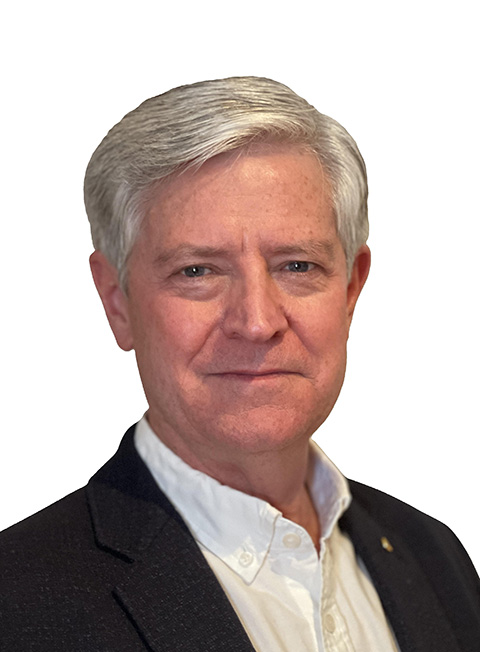When life adds up: The cumulative burden of skin disease
Join us for an engaging conversation on the topic of dermatology, led by Associate Professor Chris Baker and a panel of speakers, including those people directly impacted by chronic diseases to share their perspectives on the Cumulative Life Course Impairment (CLCI).
This concept is especially pertinent in dermatology, where chronic inflammatory skin conditions—such as psoriasis, atopic dermatitis, and hidradenitis suppurativa—often begin early in life, are visible, and significantly impact quality of life.
These conditions can cause persistent discomfort, psychological distress, and may contribute to systemic health issues, further increasing disease burden. CLCI highlights how the cumulative effects of disease-related stigma, symptoms, and comorbidities can limit opportunities and reduce life potential over time.
Despite past under recognition, acknowledging this impact is crucial to ensure patient access to effective therapies. Early and equitable access to care, guided by clinical and psychosocial indicators, is vital in altering disease trajectories. Proactive intervention can reduce CLCI risk and help patients achieve better long-term outcomes and life fulfillment.
About the keynote speaker
 Associate Professor Chris Baker is a clinical and academic dermatologist based in Melbourne. Originally a graduate of The University of Melbourne, Chris trained at St. Vincent’s Hospital Melbourne and then St. Thomas’ Hospital, London. He is a fellow of the Australasian College of Dermatologists, the Royal College of Physicians and has an honorary appointment at The University of Melbourne.
Associate Professor Chris Baker is a clinical and academic dermatologist based in Melbourne. Originally a graduate of The University of Melbourne, Chris trained at St. Vincent’s Hospital Melbourne and then St. Thomas’ Hospital, London. He is a fellow of the Australasian College of Dermatologists, the Royal College of Physicians and has an honorary appointment at The University of Melbourne.
Chris has practised in general dermatology, with clinical and research interests in advanced psoriasis therapies, photodermatology, skin field cancerisation, quality of life outcomes and dermatology education. He is Director of the Department of Dermatology at St Vincent’s Hospital Melbourne, past President of the Australasian College of Dermatologists and has served as Dean of Education of the ACD. He is a member and past president of the Skin Health Institute, Melbourne.
In 2020, Chris was awarded an Order of Australia for services to Dermatology. He was co-convenor of the Australasian Psoriasis Registry (now Australasian Dermatology Registry) and Australian Representative on the Psoriasis Global Atlas project. He is co-author of Australian treatment goals for psoriasis and atopic dermatitis, and co-founded the Australasian Psoriasis Collaboration. Chris is the dermatology research lead at St Vincent’s Hospital Melbourne in a multicentre collaboration with The University of Melbourne and RMIT, exploring biofabrication and 3D printing in the development of artificial skin.
About Alan Cooper Epiderm Lecture
The Alan Cooper Epiderm Lecture has been established in recognition of Epiderm’s generous support of The University of Queensland’s dermatology and skin cancer research programs. Epiderm, formerly the Australian Dermatology Research and Education Foundation, was established in 1992 following Australia’s successful bid to host the International League of Dermatological Societies World Congress of Dermatology meeting in Sydney in 1997. The World Congress was led by Professor Alan Cooper and Professor Robin Marks and generated a significant financial surplus representing the majority of the Foundation’s initial funding.
Professor Alan Cooper, a driving force behind academic Dermatology in Australia, played a lead role on the board of Epiderm. Over a 22 year period, Epiderm funded many dermatological projects within Australia. From 2007-2014, Epiderm donated over $2.8 million in support of the dermatology and skin cancer research within the Dermatology Research Centre under the direction of Professor H. Peter Soyer. Epiderm’s capstone donation of $2.05 million in 2014, prior to the Foundations disestablishment, leveraged over $3.5 million in additional support for UQ’s dermatology and skin cancer research programs.
